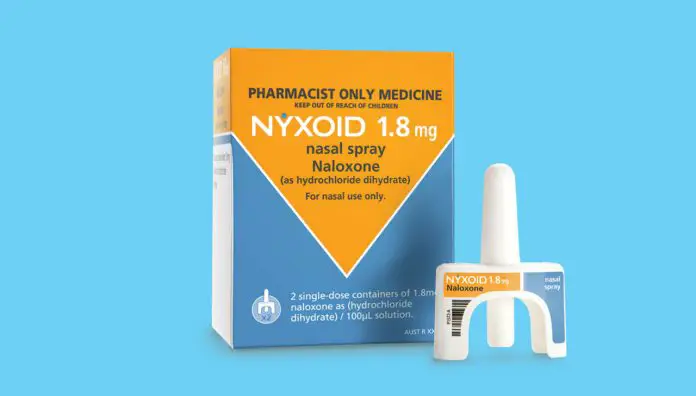What alcohol is doing to your brain
Alcohol use is widespread in Australia. It’s regularly incorporated into various social activities. Being legal and easy to access throughout the country often means people don’t realise they have a problem with alcohol until it is already out of control.
It is much easier for people to overlook their alcohol use because it is so ingrained in our culture. They might have a wine or two after work, a few beers at a bbq, or a couple of vodkas during happy hour.
You may not realise what alcohol is doing to your brain. After a few drinks, many of us may have experienced slower thinking and memory fades. But what are the other effects alcohol has on the brain?
Alcohol blocks communication between brain cells, which are called neurons. This has the immediate effects of intoxication such as:
- impulsivity
- slurred speech
- poor memory
- slowed reflexes.
Suppose heavy drinking continues over a long time. In that case, the neurons compensate by overreacting to certain brain chemicals to allow communication. When a heavy drinker stops drinking, the neurons continue to overreact even when not drinking. This can cause painful and sometimes dangerous withdrawal symptoms. These symptoms are also exacerbated by sudden withdrawal. Through this overreaction, neurons can eventually ‘burn out’, which causes slowing of the reaction time of neurons when sober.
As well as neurons, brain matter itself can also be damaged. Over time, those with alcohol dependence often experience brain shrinkage. The extent of brain shrinkage depends on a few factors, but it may increase with age and the volume of alcohol consumed. Brain shrinkage may cause problems with:
- verbal fluency
- verbal learning
- processing speed
- working memory
- attention
- problem-solving
- spatial processing
- impulsivity.
Without treatment, cognitive problems may grow worse and develop into alcohol-related dementia. Malnutrition may also be common among those with alcohol dependence. These two factors can lead to a permanent cognitive disorder called Wernicke-Korsakoff Syndrome. This causes amnesia and can lead to coma if left untreated.
Getting treatment
For most people, the brain can heal. Abstinence may improve a person’s cognitive functions and repair a lot of the damage to the brain caused by alcohol dependence. In as little as two weeks of abstinence, grey matter can start to regenerate. The brain creates new neural pathways to replace the damaged or ‘burnt out’ ones, and cognitive functioning greatly improves.
Grey matter regeneration takes time. The greatest improvement in cognitive functioning may be seen after 12 months of sobriety. With this in mind, residential rehab programs can be a successful path to getting sober and maintaining long-term sobriety.
For some, detox is the first stage of getting sober. A structured program gives you support to guide you through the withdrawal. Going cold turkey is never recommended due to the severe potential health risks. Structured programs often include medication to ease withdrawal symptoms plus medical and mental health care. In rehab, you are typically provided with around the clock care and help to prepare you for life after rehab.
While recovery is multi-faceted, building a strong, sober community is essential. Meeting and building relationships with others going through the same thing can be helpful, plus it can give you the support you’ll need after the program. You’re more likely to stick with a program and sobriety when you have a lot of support along the way.
We are here to help
If you or a loved one are struggling with addiction, let Seahaven guide you to a place of safety and recovery. Our rehab centre is a sanctuary from the turmoil of living with alcohol or other drug addiction.






